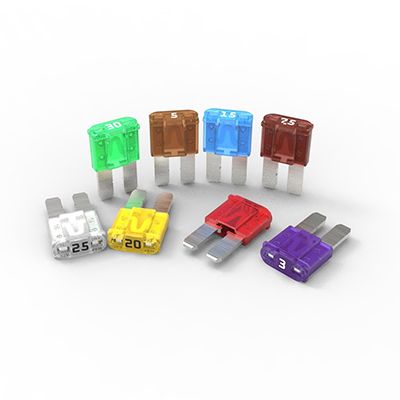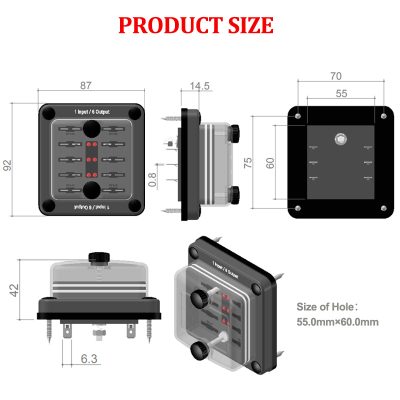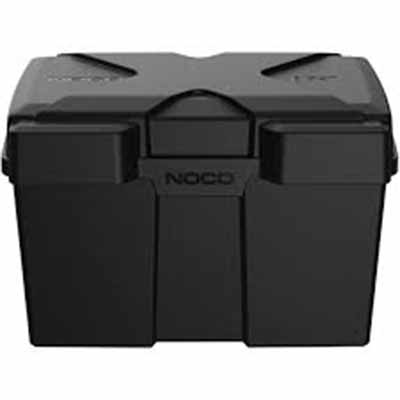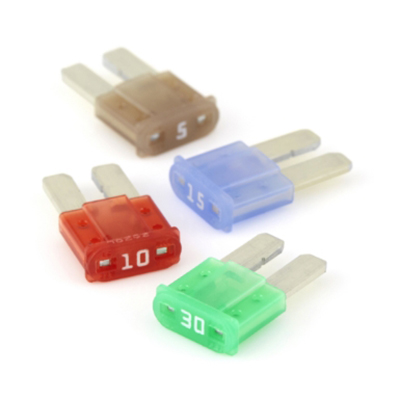Key Aspects of Auto Fuse Compatibility in Sedans, SUVs, and Trucks Across Various Vehicle Models
News 2025-10-24
Auto fuses are vital safeguards in vehicle electrical systems, protecting against overloads and short circuits that could cause damage or safety hazards. In the context of different car models like sedans, SUVs, and trucks, compatibility ensures reliable performance and longevity. Variations in electrical demands and physical designs across these vehicles make it essential to select the right fuse type. For instance, sedans often have standard systems with lower current needs, while SUVs and trucks may require robust fuses for heavier loads. This discussion highlights how proper compatibility enhances safety and efficiency in diverse driving scenarios, drawing from industry standards to guide informed choices.

Compatibility in Sedans
Sedans typically feature compact electrical setups with moderate power requirements, making fuse compatibility focus on precise amperage and size matches. Common blade fuses work well here, offering quick protection for components like audio systems and lights. Advantages include easy installation and reduced risk of circuit failure, as sedans’ streamlined designs demand fuses that fit tightly without compromising space. In practice, selecting compatible fuses prevents issues like melting or poor contact, ensuring consistent performance during daily commutes and maintaining the vehicle’s overall reliability.
Compatibility in SUVs and Trucks
SUVs and trucks often handle higher electrical loads due to features like towing capabilities or off-road equipment, necessitating fuses with greater current capacities and durability. Compatibility involves choosing types such as maxi or bolt-in fuses that withstand vibrations and extreme conditions. Benefits include enhanced protection for critical systems, such as engine controls and safety lights, leading to fewer breakdowns in demanding environments. By matching fuses to the vehicle’s specifications, users gain improved energy efficiency and longevity, making these components key to handling the robust demands of larger vehicles effectively.
Frequently Asked Questions
1、What factors determine auto fuse compatibility?
Factors include voltage rating, current capacity, physical dimensions, and the specific electrical setup of the vehicle model to ensure safe operation.
2、Why do SUVs and trucks need different fuses from sedans?
They often require higher amperage and more durable fuses due to increased electrical demands and environmental stresses, unlike the standard loads in sedans.
3、How can I ensure the right fuse compatibility?
Check the vehicle’s manual, use manufacturer compatibility guides, and consult professionals to match fuse specifications with your car’s requirements accurately.


